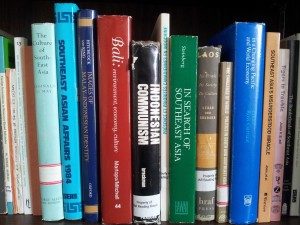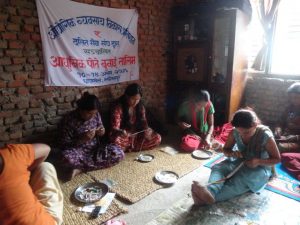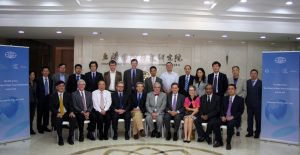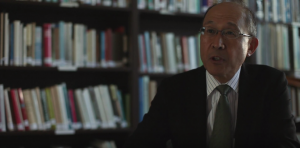For Love of Languages, Travel, and Fieldwork: A tribute to Benedict Anderson
Memo #357 By Apichai W. Shipper – apichai.shipper [at] georgetown.edu There will never be another Ben Anderson but he has left a part of himself in all who knew him. He instilled in our DNA, among many other things, a love of languages and fieldwork. In an age where regressions and generalizable models sometimes seem to shunt careful […]
Whither Area Studies?
Memo #316 Advancing the project of Comparative Area Studies and fruitful Area Studies Comparisons: an Intervention from Europe By Jürgen Rüland – juergen.rueland [at] politik.uni-freiburg.de & Mikko Huotari – mikko.huotari [at] merics.de There is no universal ultimate golden mean between disciplinary research and area studies. Viable intermediate positions are eventually dependent on an individual researcher’s […]
Music for the Mind? Virtuosity and Performativity in Celebrity Diplomacy
Memo #314 By Hyung-Gu Lynn – hlynn [at] mail.ubc.ca Does celebrity diplomacy work? If so, based on what measures, why, how and for whom? In the afterglow of bravura passages powerful yet precise, arpeggios determined yet delicate, these questions arose, at least in one small corner of my brain. The United Nations Day concert in the General […]
Gaps in the Protection of Civilian Victims of Armed Violence
Memo #281 By Ramesh Thakur – ramesh.thakur [at] anu.edu.au As demonstrated by recent events in Sudan, Sri Lanka, Libya, and Syria—and earlier in Rwanda, the Balkans and East Timor during the 1990s—the numbers of civilians killed in contemporary armed conflicts is intolerably high. Their plight is a lasting stain on an internationalized human conscience. Our […]
NGO Funding and Overhead Costs: Fallacies and Misconceptions
Memo #262 By Xue-Rong Jia – xue-rong.jia [at] alumni.ubc.ca Almost every international non-governmental organizations (INGO) releases an annual report summarizing its activities and achievements for the year, including a breakdown of its revenues and expenses. For example, last year Save the Children spent 3.8 percent of its revenues for administrative purposes, 9 percent in fundraising […]
Fragmentation vs. Integration in Asia in 2014: A Year for the History Books
Memo #259 By Yves Tiberghien – yves.tiberghien [at] ubc.ca In the wake of major leadership change around East Asia, what will be the major trends in the Asia/Pacific region in 2014? Did the battle over the Chinese Air Defense Identification Zone (ADIZ) and the provocative visit to Yasukuni Temple by Prime Minister Abe on December […]
The Asian Century (Video Interview with Masahiro Kawai)
Dr. Masahiro Kawai, Dean of the Asian Development Bank Institute, discusses the importance of peace, security, and stability in achieving an ‘Asian Century’.
Urban Beekeeping: a new buzz in Asian cities
We need bees, but bees are dying. This is a global problem, but some Asian cities are finding novel solutions in urban beekeeping.
The humble Apis Mellifera punches well above its tenth of a gram weight. Through transferring pollen, bees are essential to 80% of the food we consume. Furthermore, the economic input from bees is substantial, with pollinated crops accounting for $1 trillion of the yearly agricultural produce sold.
How Finnish, not East Asian Education Became a Global Reference
Memo #132 – Finnish education has become the global symbol of educational excellence since its success in the Organization for Economic Development and Cooperation’s (OECD) Programme for International Student Assessment (PISA) implemented triennially since 2000. Every year, a few thousand international visitors, including many from East Asian nations, flock to the small Nordic nation to discover “how Finland gets it right.”
「フィンランド教育ブーム」再考
Memo #132 – 2000年以来、3年毎に実施されているOECDの国際的な学習到達度調査(以下PISA)において好成績を収めたフィンランドは、優れた教育改革のモデルとして世界中の教育関係者の注目を集めている。毎年数千人もの海外教育関係者がこの北欧の小国を訪れており、東アジアからも多くの人々がそのPISA成功の「秘訣」を探りに、「フィンランド詣で」を敢行している。








